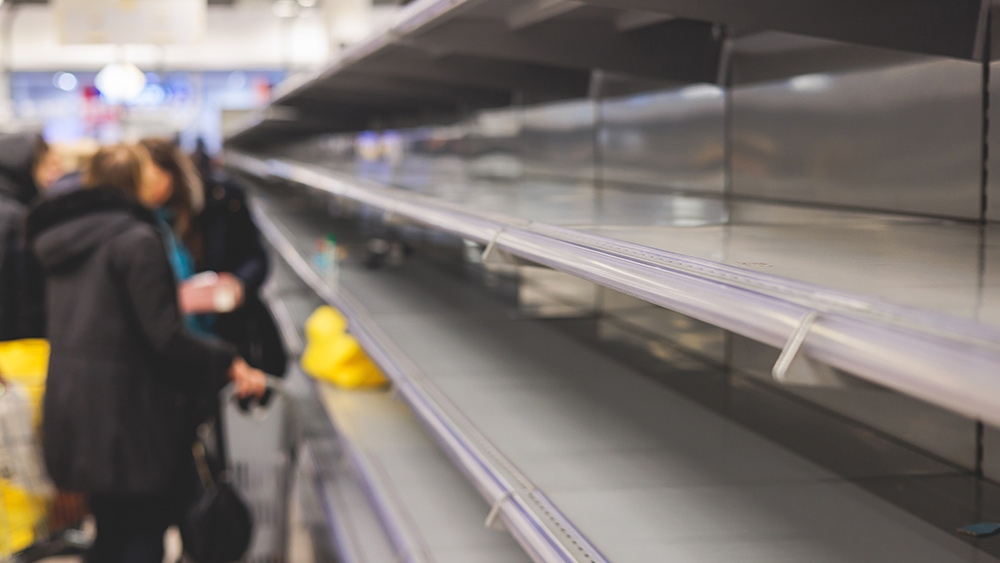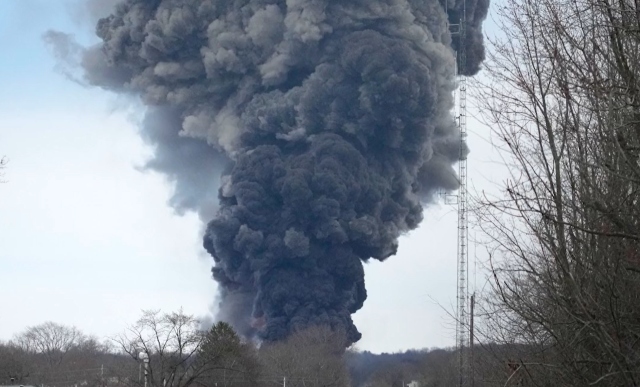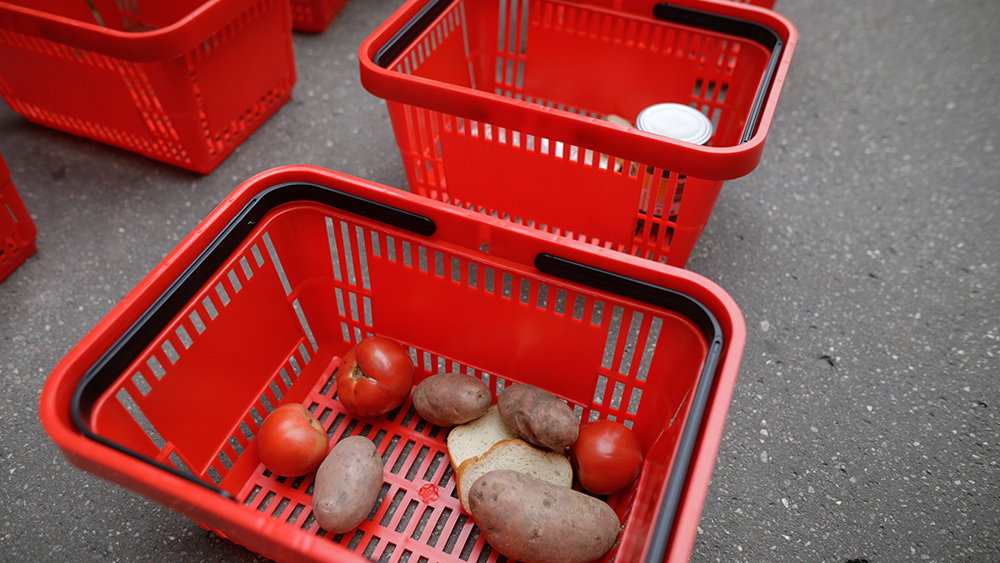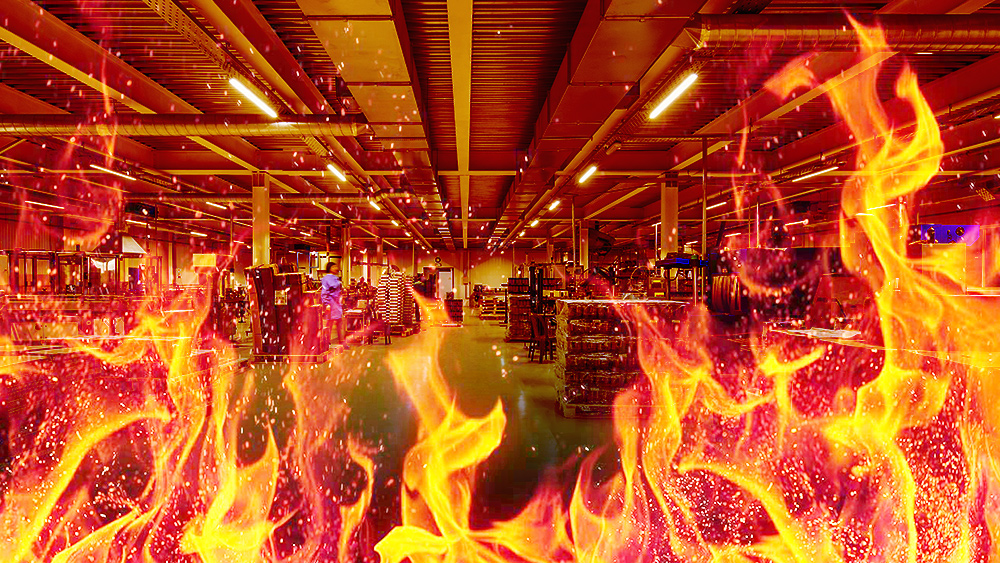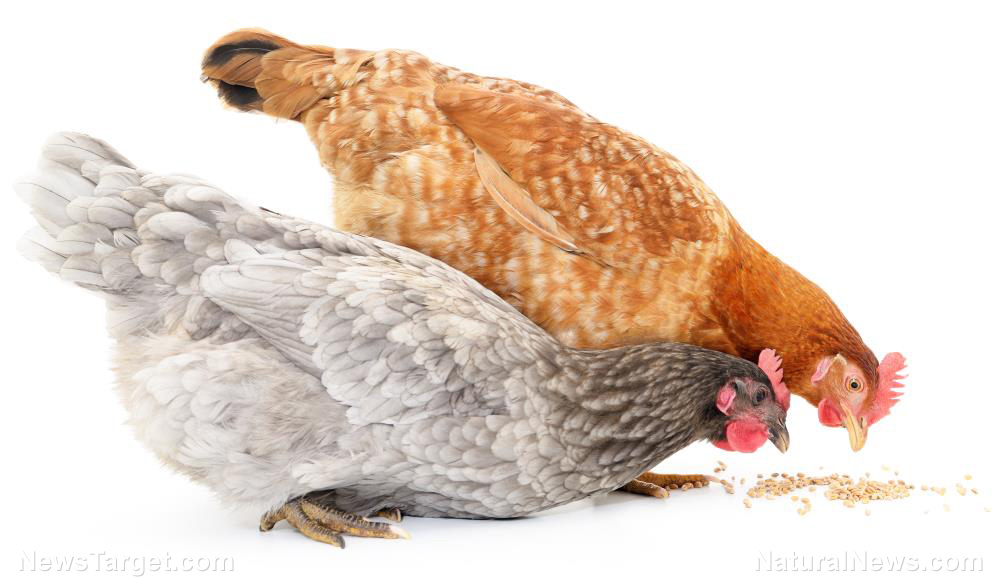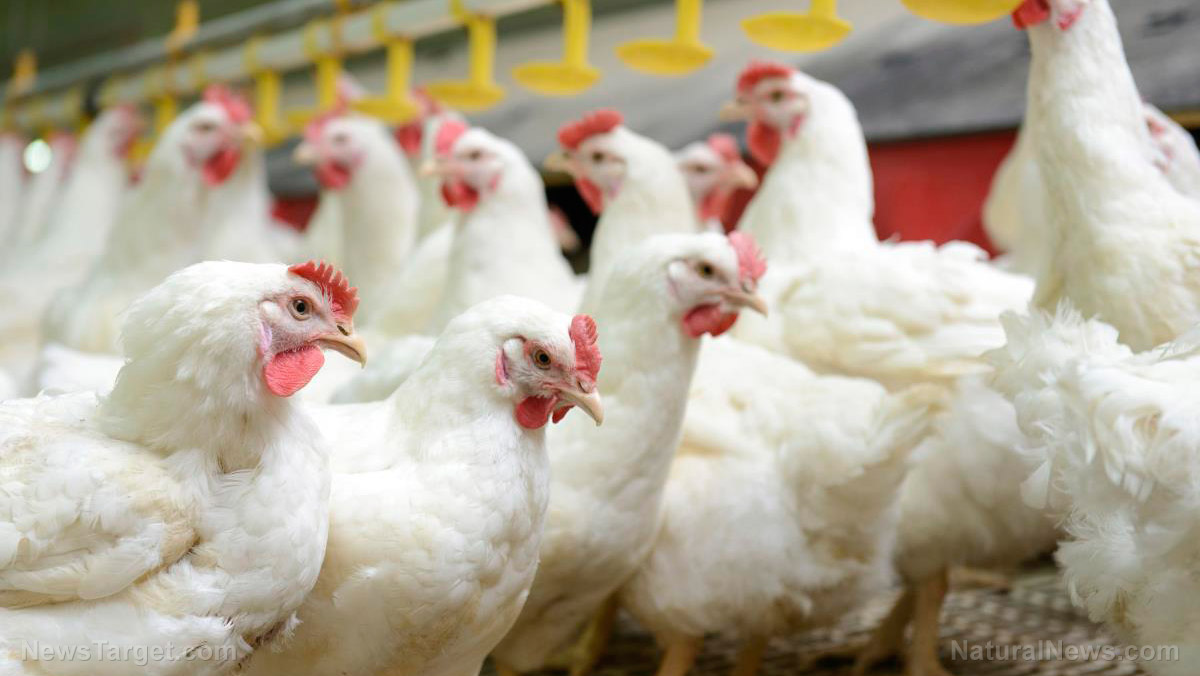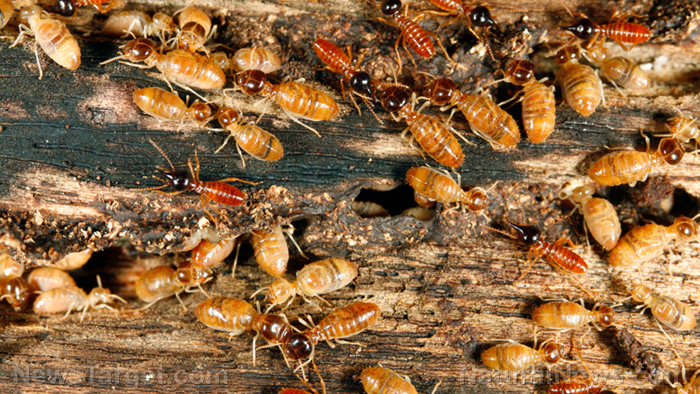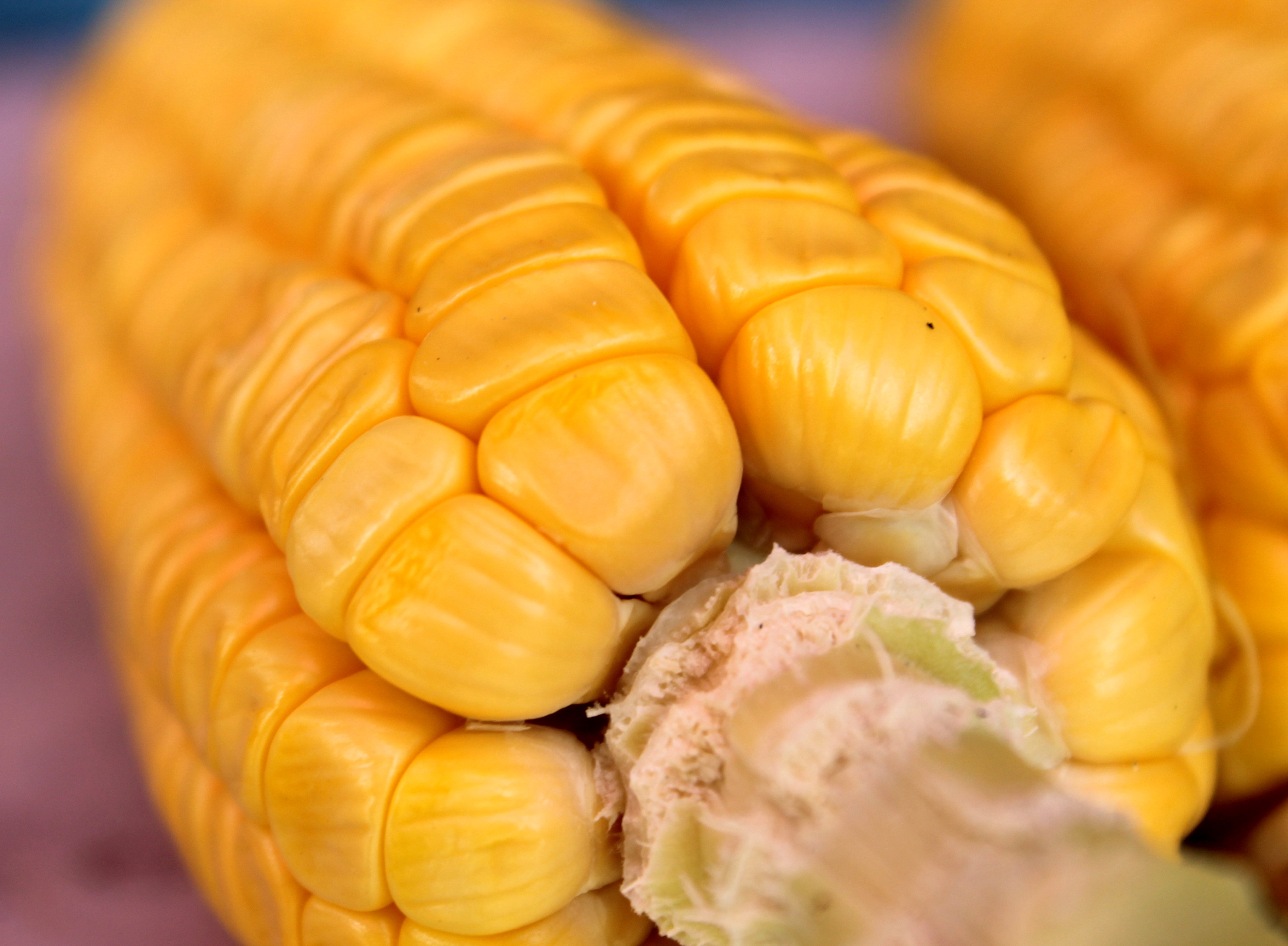Food shortages are coming to Europe, and it can all be traced back to the U.S. destruction of Nord Stream
03/01/2023 / By Ethan Huff

Energy costs are now so high across the United Kingdom that the country’s agriculture system is showing signs of a collapse.
Many U.K. farmers were unable to use greenhouses to plant winter crops this year because the costs of doing so have reached epic highs. Consequently, some fresh produce is now having to be rationed, according to the BBC.
“Field crops such as tomatoes, peppers, lamb’s lettuce, cauliflower or cucumbers are sometimes only sold in limited quantities,” Free West Media reported.
“Meanwhile, wholesalers are looking for new suppliers from other countries – but this means that the harvests have to travel much longer distances to Europe, which is not in the interest of the environment.”
The public was little involved in addressing the energy crisis because it had not yet impacted them. Now that produce prices are skyrocketing at the same time availability is plummeting, people are really starting to take notice.
“This is now beginning to have an impact on consumers,” reports explain. “Inexpensive food that is available all year round will soon be a thing of the past in Europe.”
(Related: Check out the back story about the sabotaged Nord Stream 1 and 2 pipelines.)
U.K. authorities blame “climate change,” not globalist corruption, for exorbitant energy prices
According to government officials in the U.K., the cause behind high electricity prices and chaos in the food markets is “climate change,” not globalist financial corruption.
“Bad weather” in Morocco, we are told, is the reason why the U.K. is unable to sustain its food supplies. There are also reports about thousands of food offenses detected by the Moroccan government, including bad pricing and poor-quality products.
Some 400 tons of products “not conforming to the standards in force” were seized and destroyed. All usable products that remained were sold at a public auction.
The U.K. food markets are supposedly “well supplied with basic products,” according to the nation’s food minister.
Meanwhile, government authorities in the U.K. have decided to use this opportunity to push for the legalization of genetically modified (GMO) food crops, which are currently illegal there.
Bank of England director Andrew Bailey warned last June about an “apocalyptic” rise in food prices moving into 2023. The Lea Valley Growers Association (LVGA), which produces around 75 percent of the country’s crops, said at least half of its greenhouses are now empty, and that production is expected to decrease by 60 percent.
“Many greenhouse producers are abandoning their businesses due to the inability to cover their current heating and labor costs,” added the Bulgarian Association of Greenhouse Farmers, which says similar problems are spreading across Bulgaria.
“So far, the state has taken absolutely no measures to support the greenhouse production sector. As we all know, it is one of the most expensive industries in the agricultural sector and is directly related to gas and electricity prices.”
Dutch agriculture is also suffering as energy represents 20-30 percent of the costs associated with growing goods in greenhouses. Compared to what they paid in 2019, Dutch farmers will spend around five times the normal amount, or 22 billion euros, this year on gas and electricity.
“Among the most impacted sectors: greenhouse production whose annual turnover reaches around 8 billion euros but where energy represents 20 to 30 percent of the costs,” reports explain. “Already 40 percent of the members of the Glastuinbouw Nederland group are operating at a loss, due to excessive energy costs.”
In the comments, someone mentioned that the West’s sabotage of the Nord Stream pipeline is a much bigger cause of all these energy problems rather than “global warming.”
The collapse of the global financial, food, and energy markets is well underway. To keep up with the latest news, visit Collapse.news.
Sources for this article include:
Submit a correction >>
Tagged Under:
collapse, economic riot, energy report, EU, Europe, famine, food collapse, food inflation, food rationing, food supply, fuel supply, inflation, Nord Stream, rationing, sabotage, scarcity, shortage, starvation, supply chain
This article may contain statements that reflect the opinion of the author
RECENT NEWS & ARTICLES
COPYRIGHT © 2022 Famine.News
All content posted on this site is protected under Free Speech. Famine.News is not responsible for content written by contributing authors. The information on this site is provided for educational and entertainment purposes only. It is not intended as a substitute for professional advice of any kind. Famine.News assumes no responsibility for the use or misuse of this material. All trademarks, registered trademarks and service marks mentioned on this site are the property of their respective owners.


